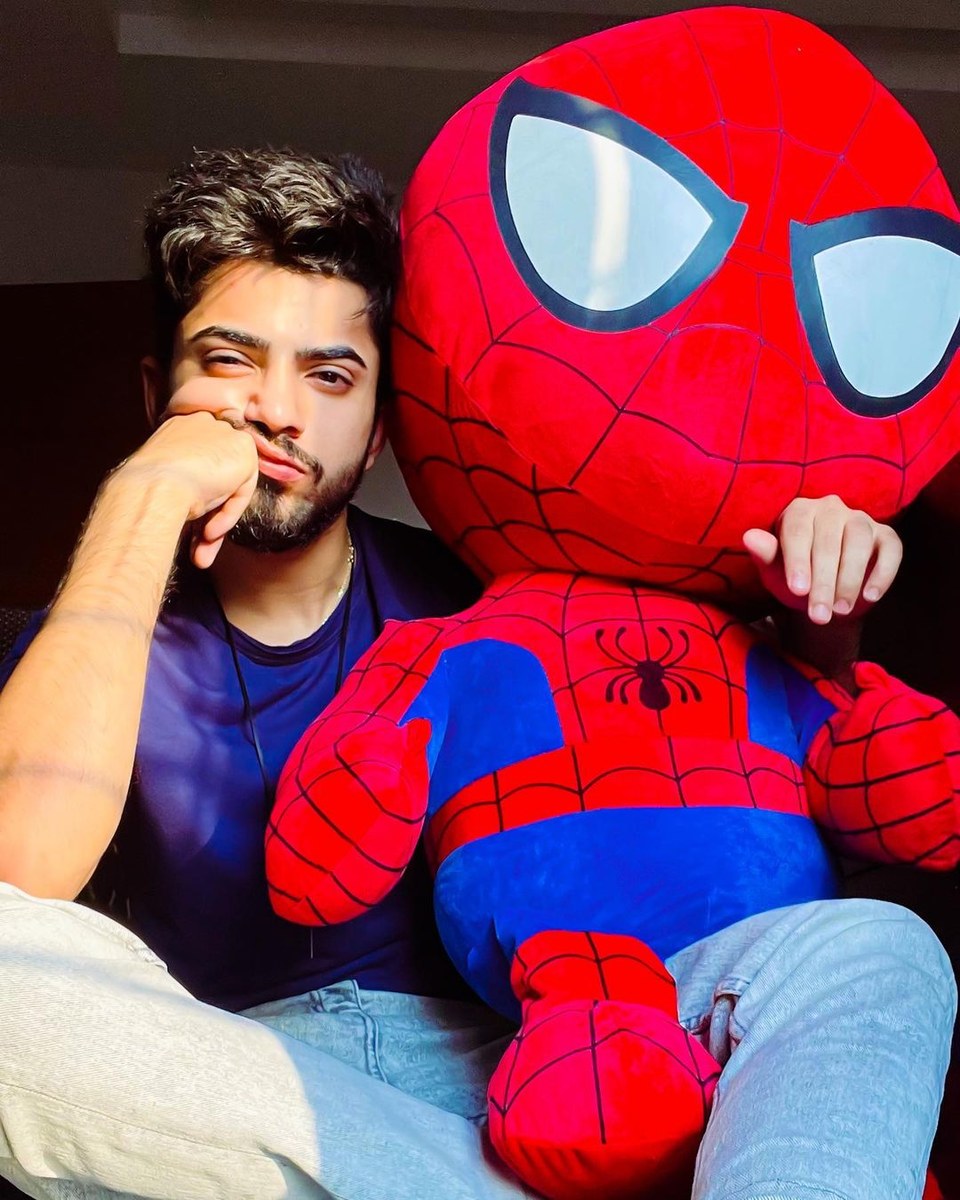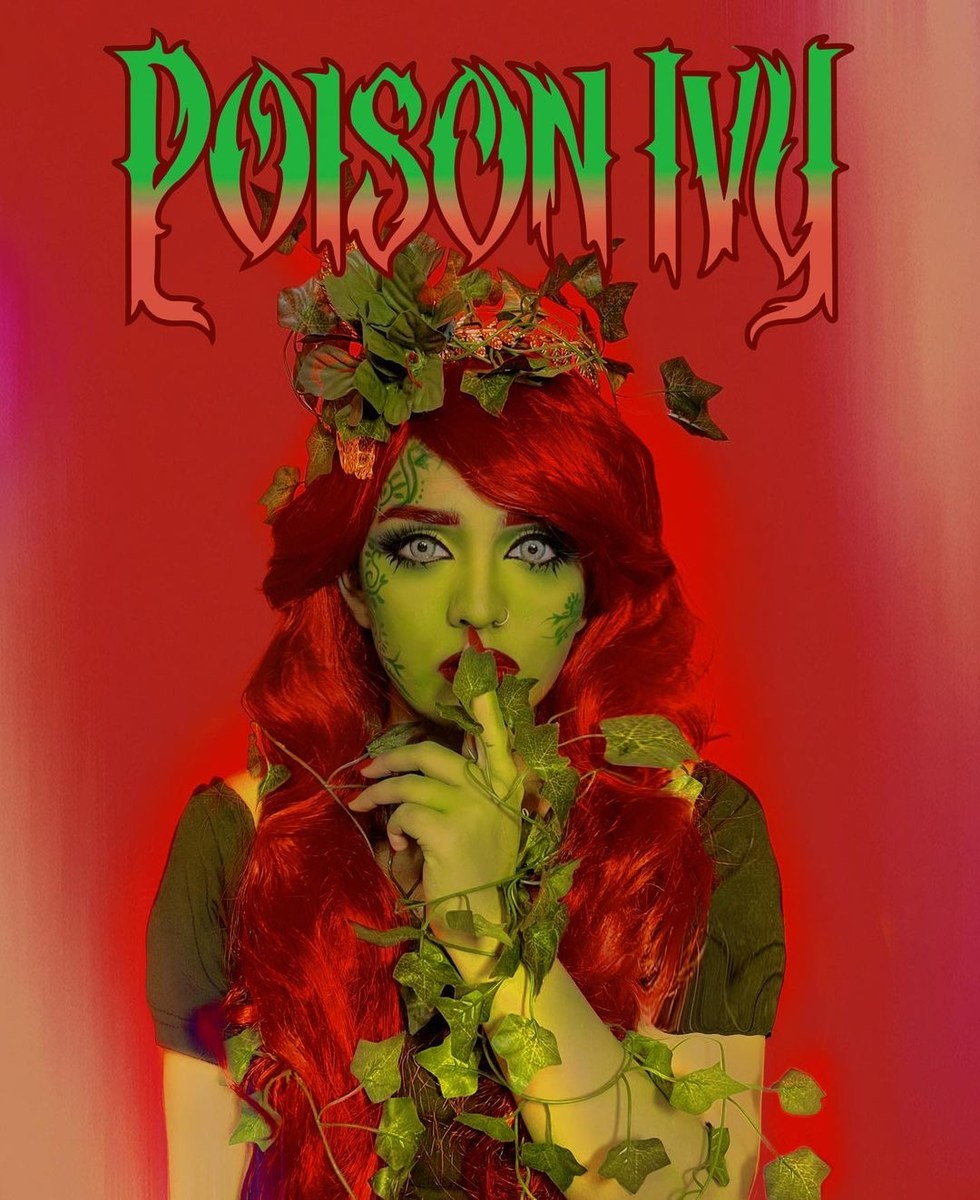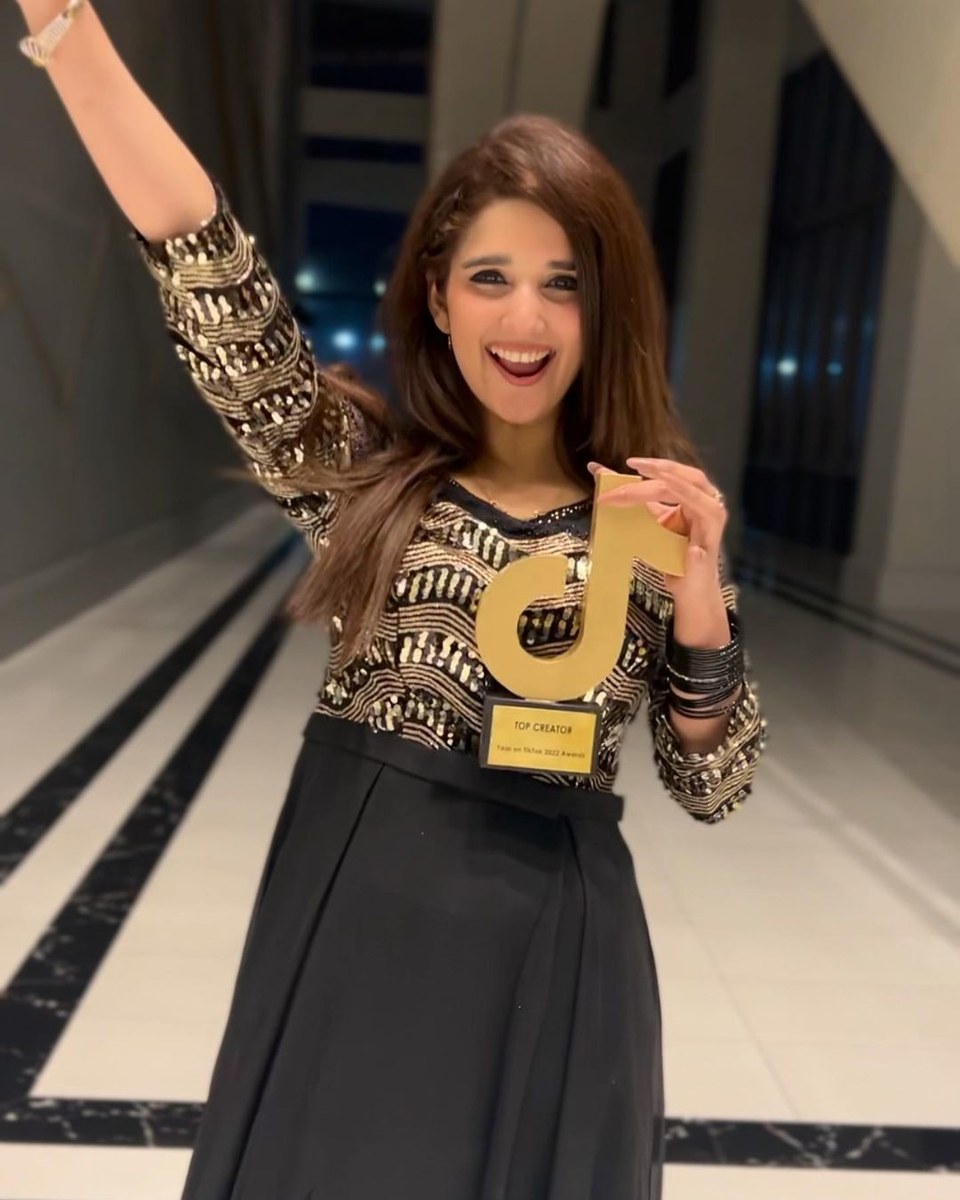KARACHI: Popular Pakistani TikTokers have opened up about facing flak when they initially started creating content on the video-sharing app, insisting that not all content on the platform can be classified as ÔÇťcringeÔÇŁ or ÔÇťindecent,ÔÇŁ adding that it offers diverse content for users.┬á
TikTok was launched worldwide in 2018 but it started making waves in Pakistan the succeeding year. Over the last two years, it has become one of the most popular video-sharing apps in the country. According to the data analytics website Appfigures, TikTok was downloaded an estimated 1,862,640 times in Pakistan between January 1, 2021, to December 31, 2022. 
The platform allows people from diverse social and economic backgrounds to share content through 60-second-long videos. Owing to the appÔÇÖs popularity in the country, many TikTokers have shot to fame over the last three to four years, garnering millions of followers.┬á
However, the platform has repeatedly been caught in controversies for allowing users to upload content that has been deemed by courts in Pakistan as ÔÇťimmoral,ÔÇŁ resulting in multiple bans on the app at different times, which were later reversed.┬á
ÔÇťThe entire community is questioned because of some people and societyÔÇÖs perception of TikTokers is that they have nothing substantial to do and they must be creating indecent content,ÔÇŁ Laraib Khalid, 26, who makes content on TikTok, told Arab News on Monday.┬á

This image shared on September 29, 2021, shows TikToker Laraib Khalid posing for a picture. (Photo courtesy: laraiblk/Instagram)
ÔÇťThere are some TikTokers who are cringe but, at the same time, there are those who are teaching grammar, sharing home remedies, and [uploading] recipes in 60 seconds,ÔÇŁ he added. ÔÇťIf there was anything wrong with the content, why would big brands approach TikTokers to promote them?ÔÇŁ┬á
Karachi-based Khalid has an impressive 3.5 million followers on the video-sharing app that he started using in 2018 when TikTok was known as Musical.ly. Khalid told Arab News he engaged viewers with live prank calls, followed by funny videos and recreated memes. 
When he initially created an account on the platform, he was a student. Currently, he is a software engineer by profession, managing a team of over 200 people at his software house. 
┬áKhalid said he continues making videos for TikTok because heÔÇÖs passionate about it.
ÔÇťPeople respect me now. I know kids are watching our [videos], so I try to keep it positive and avoid endorsing inappropriate content,ÔÇŁ he said.
Certified makeup artist Humna Zahid, who has 1.4 million followers on the app, also broke barriers by introducing makeup tutorials on the platform in 2018. Those days, uploading makeup tutorials on social media platforms was not a popular trend. 
Based in Lahore, she recently won the ÔÇśTop Beauty CreatorÔÇÖ title at TikTokÔÇÖs first Creator Awards in Pakistan, held in December 2022.┬á
ÔÇťNobody used to give work [in 2018] to creators whose work revolved around makeup art but audiences gradually accepted it,ÔÇŁ Zahid, 24, told Arab News┬álast week.┬á

This image shared on November 8, 2022, shows TikTok star Humna Zahid disguised as a comic character called "Poison Ivy".  (Photo courtesy: samosiiii.official/Instagram)
ÔÇťI got so much hate in the beginning because people didnÔÇÖt know what I was doing. There was no acceptance among people regarding makeup. I have been able to change peopleÔÇÖs mentality to a huge extent, [making them believe] that makeup is an art and it requires skills,ÔÇŁ she added.┬á
A commerce graduate, Zahid comes from a conservative family who even had problems with her uploading a picture on the Internet.
ÔÇťIt was a struggle for me, but gradually, I got acceptance for my work and now I support myself and my family financially.ÔÇŁ┬á
Danial Ahmed, 24, is another exemplary content creator on TikTok who shot to fame on the video-sharing app when he started uploading content that focused on health awareness. Ahmed started producing content in 2020 when the coronavirus pandemic was in full swing. 
He bagged the ÔÇśTop Health CreatorÔÇÖ title at TikTokÔÇÖs first Creator Awards last month.┬á
ÔÇťI realized there was an audience for informative content [on TikTok] too. I molded medical content in a way that was helpful for both medical students as well as a layman,ÔÇŁ Ahmed told Arab News.┬á
ÔÇťInitially, my family was quite against it, as my father is a CSS officer. There was a common perception around TikTok at that time that it was all about music and dance. And that actually was the case,ÔÇŁ he said.

This image shared on December 15, 2022, shows TikTok star Danial Ahmed posing for a picture. (Photo courtesy: danial.ahmed8/Instagram)
┬áInitially, Ahmed thought he wouldnÔÇÖt be followed by a lot of people. However, he kept creating content that focused on coronavirus, vaccines, and variants in the form of short informative videos of about 1-1:30 minutes.┬á
With 1.2 million followers on TikTok, Ahmed has completed his MBBS degree and is currently training at a hospital. He plans to set up a polyclinic in Lahore very soon while expanding his TikTok content to journalism. 
Zunaira Mahi, 26, says she is proud to call herself a ÔÇťfull-timeÔÇŁ TikToker, won the ÔÇśTop Creator of 2022ÔÇÖ at last monthÔÇÖs TikTok awards ceremony. She has been creating content ranging from comedy, acting, and entertainment since 2020 and currently has 5.9 million followers on the app.┬á
ÔÇťMy life has completely changed after rising to fame through TikTok,ÔÇŁ Mahi, who is also a commerce graduate and aims to pursue ACCA or MBA soon, told Arab News.┬á
ÔÇťI wasnÔÇÖt financially fit earlier but now I am financially independent. People respect me and I am proud of it. My family also supports me in what I do.ÔÇŁ┬á

Tiktoker┬áZunaira Mahi poses with the 'Top Creator' award at TikTokÔÇÖs first Creator Awards in Lahore, Pakistan on December 31, 2022. (Photo courtesy:┬ázunaira_mahi/Instagram)
Regional General Manager at TikTok Middle East, T├╝rkiye, Africa, Pakistan, and South Asia, Tarek Abdalla, called the TikTok community the ÔÇťdriving forceÔÇŁ behind the exciting trends of 2022.┬á
ÔÇťFrom sharing innovative ideas to turning their passions into successful careers, the members of our community have shown incredible resilience and creativity,ÔÇŁ he shared in a press statement after the Creator Awards 2022.┬á











